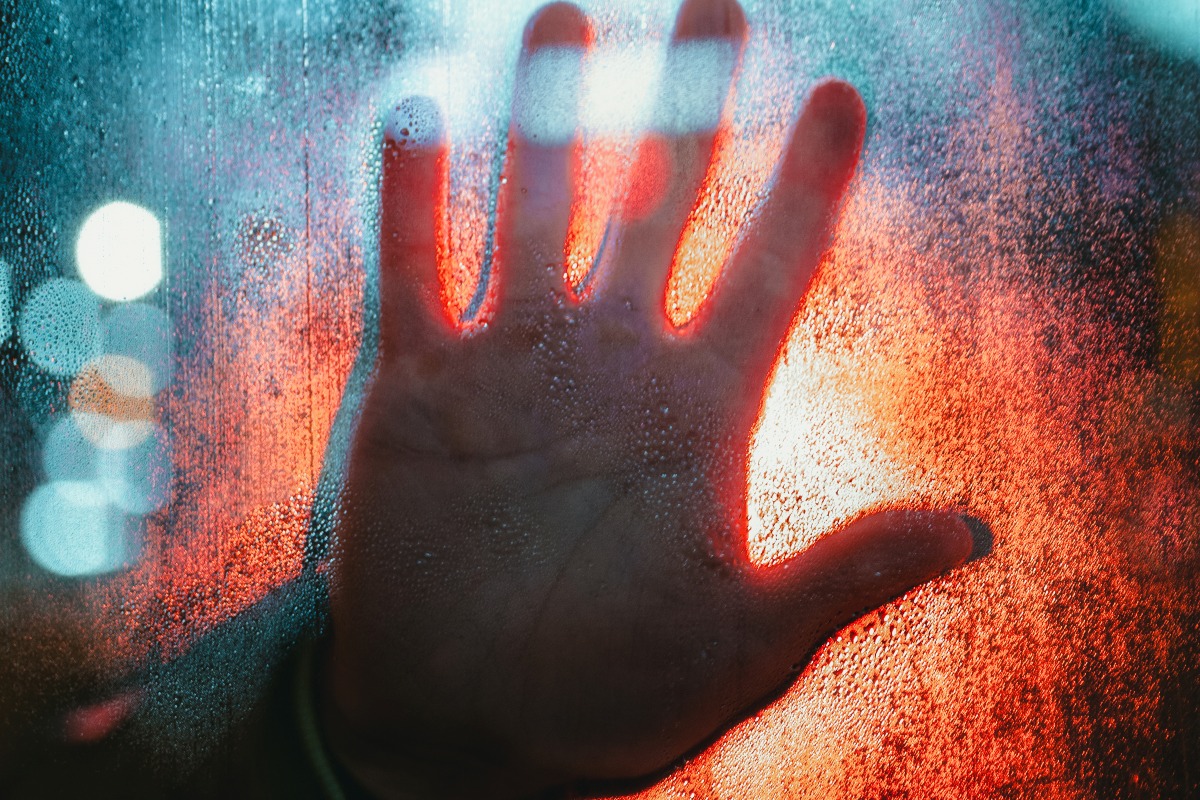
It has been said that the opposite of addiction is connection. While that may be so, you may be experiencing a lack of connection which could lead to isolation from others. You continue to grow within your recovery and identify people, places, and things that trigger unwanted emotions. This is a time for renewal within yourself and can be a time when you are unsure of who to eliminate.
If you are within a space where you are unsure why you continue to isolate yourself, don’t worry. This article will explore several reasons why you may be isolated and tips to overcome this action through individual and group counseling, adventure therapy, and yoga and meditation.
What Is Social Isolation?
Isolation does not have to be deemed a bad thing all the time. Everyone isolates themselves at a time or two in their lives. Being alone can rejuvenate the body and even be meditative. Sometimes you can even practice isolation as a form of self-care. However, there are times when isolation is unwanted, and it can be tricky to determine whether you are isolating in a healthy or unhealthy manner.
Isolating is when you intentionally step away from others to avoid social interactions and avoid everyone around you. This action can cause loneliness in your life. Research suggests that loneliness and social isolation are linked. However, there is a slight difference between the two. Social isolation is a lack of contact and having people to interact with. Loneliness is a distressing feeling of being alone or separated from others. When you are not in check with your feelings, isolation can quickly become lonely.
What Is the Root of My Isolation?
Isolation is a vicious cycle. You may isolate yourself because you feel unworthy of social interaction. Then, you feel lonely and depressed. It is important to acknowledge this cycle and that a change within your mindset needs to occur. Identifying the root cause of your isolation will help you see how to overcome it.
What are some of the thoughts that surface within your head when interacting with someone? Do you feel let down? Perhaps you feel like you are not good enough or lack common interests. To get to the root of the problem, you have to establish your negative thinking patterns. Gaining awareness through exploring your irrational thoughts will help you overcome isolation.
Are You Mentally Healthy?
Isolation ends when honesty begins within your recovery. Are you honest with how you feel in your daily life? Many people who are diagnosed with substance use disorder (SUD) are also diagnosed with anxiety or depression.
Anxiety and depression are common within isolation, especially when in recovery. You may be anxious to connect with former people you used to hang out with, or you know that you cannot hang out with them due to the activities they engage in. This puts you in a tight spot. You may experience anxiety about engaging with new people in fear that they will not like you. Or you may think of the past and only remember the good times. This could lead to depression and isolation.
Wherever you find yourself, it is important to connect with a therapist for individual counseling. You will be able to discuss your feelings and emotions with a trained professional to guide you with unconditional positive regard in every facet of your life.
Tips for Preventing Isolation
There are several things that you can do to prevent isolation. You have to remember that you are in control of your life, and that means that you have to do what is right for you. Below are several suggestions that could prevent isolation and help you to get through the tough moments within your journey:
- Create a schedule: Sit down and think about the extra time that you have in which you could be engaging with other humans. Even if you connect through social media, that is still a connection. Remember that reversing this thought process doesn’t happen overnight, but one small step can lead you into greater pastures.
- Engage in relaxation: Calm your mind by participating in yoga and meditation. These practices can transform your mind and create a safe space to grow while remaining mindful of your surroundings.
- Maintain healthy coping skills: Form healthy habits such as sleeping, eating well, and engaging in discussing how you are feeling with a trusted source.
- Challenge yourself to stay connected: If you challenge yourself to one text message per day, this is more than nothing. Connect to a safe person and start there. It may be difficult at first; however, you will start feeling better as you complete your tasks.
Finding Connection
No matter where you are in your recovery, isolation is never a good thing. The opposite of addiction is connection. With that being said, it is imperative within your recovery to connect to others. Even when you do not feel like it, that is when you need to. Recovery is all about growth and being uncomfortable. It has been said that if you are not uncomfortable, then you are not growing. Recovery is about understanding your self-awareness, getting uncomfortable, and growing into the person that you were meant to be.
Isolating yourself from others is not a fun space to be in. You lack energy and maybe are even cranky when confronted about this issue. You know that you need to connect. However, you find it difficult to connect with those who do not share your interests or values. You are not alone in your struggle. There is hope to hold onto. At The Guest House, we acknowledge your struggle with isolation, which is why we continue to have trained professionals to lead you to safety. We understand that recovery can be isolating and created an alumni program to connect you with individuals that can relate to you. Give us a call today at (855) 483-7800.